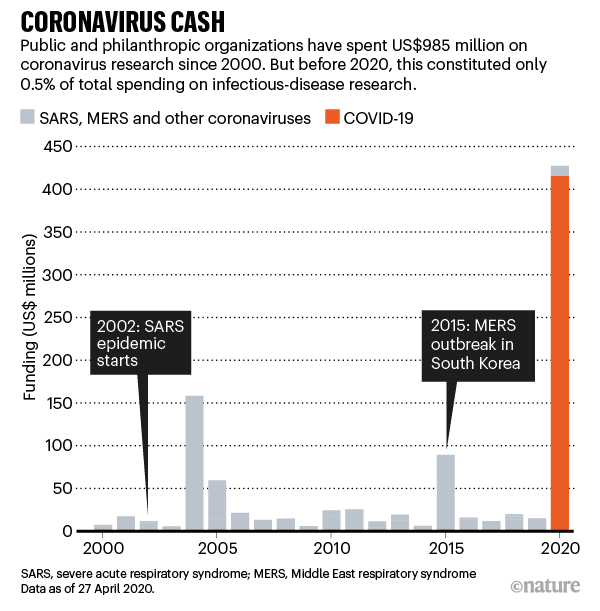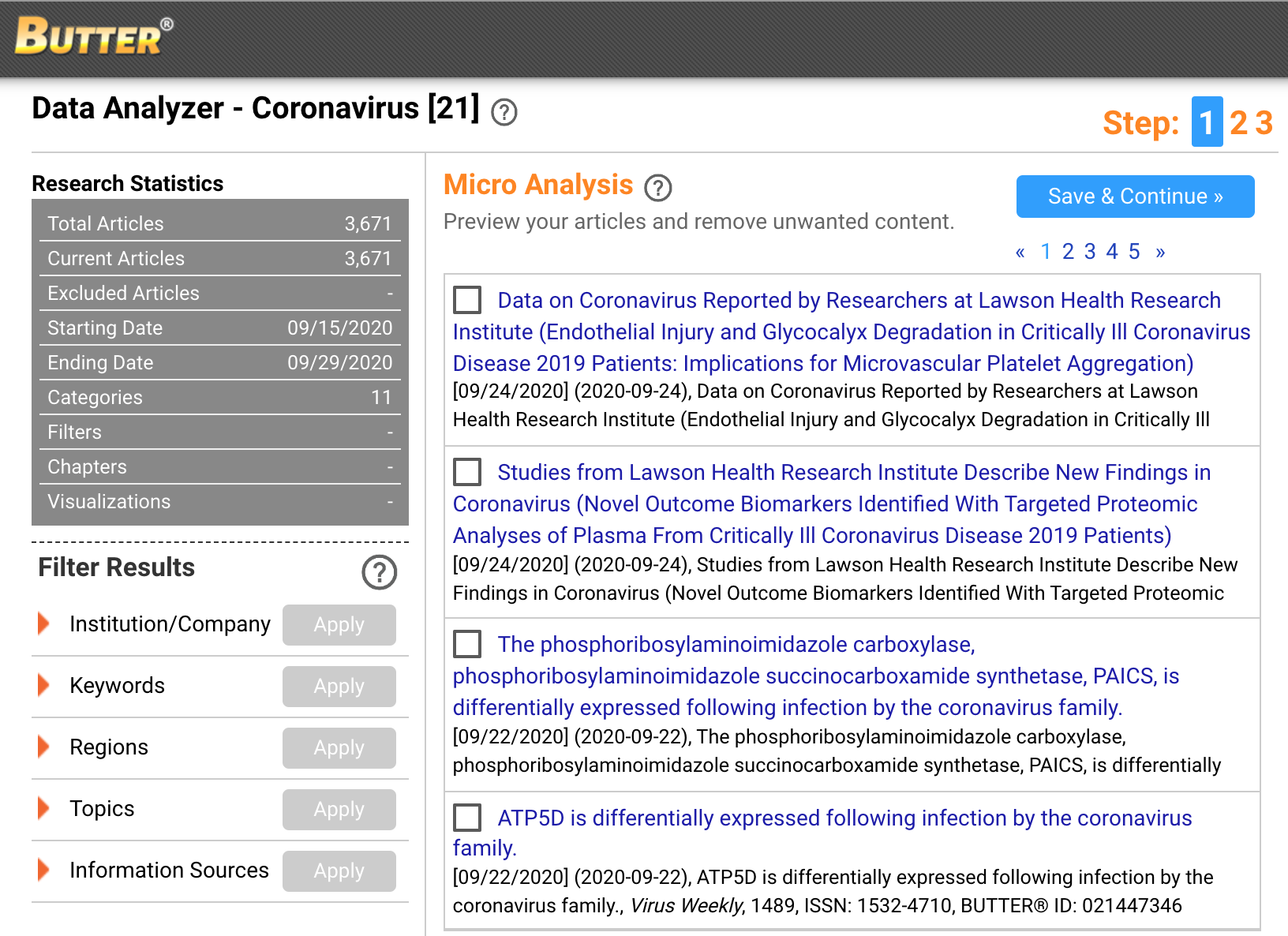2024 was a year of incredible discovery. A new injectable miracle drug protects against HIV for six...
AI Is Helping Scientists Fight the Coronavirus Pandemic
The coronavirus pandemic is pushing the bounds of science and technology. The speed and efficacy of new research, scientific developments, and treatments literally can mean the difference between saving or losing thousands of lives.
And the scientific community has responded with resounding cooperation and determination. The rise of preprints enables scientists to put out studies faster than ever before. But scientists need as many new tools as possible at their disposal.

Artificial intelligence has become a key player in the global tech market over the last decade, and has proven to be useful in the worlds of technology, finance, operations, security, logistics, and even a tool in the struggle to limit climate change.
AI’s ability to parse massive datasets to solve problems that ordinarily would take enormous amounts of time and effort for humans to tackle makes it the perfect technological partner for scientists to take on coronavirus, where time is absolutely of the essence, and human resources are scarce.
AI has been applied in creative ways as scientists around the world grapple to identify, study, and treat the coronavirus. Here’s how.
Better ways of doing research
Along with a crisis comes an overload of research. Since the emergence of COVID-19 just nine months ago, scientists have conducted 29,000 peer-reviewed research studies on the disease, per PubMed.
While too much data and not enough answers has long been a problem for scientists and researchers, being able to instantly parse through the mess to find reputable, high-quality research relevant to the COVID crisis is now absolutely paramount.
Fortunately, a number of tools are in the works or already available, including the literature-search tools COVIDScholar, SPIKE-CORD, NewsRx’s BUTTER, and Google’s COVID-19 Research Explorer. For example, COVIDScholar uses AI to tag papers for different topics and filters, allowing a user to refine the search.

COVID-19 Research Explorer finds studies that are most relevant to the user and extracts important findings from the results. Users can ask questions such as ‘What are the rapid molecular diagnostics for COVID-19?’ and the tool returns a list of papers with relevant passages highlighted.
Meanwhile, SPIKE-CORD extracts information directly from papers, so the search “incubation period … from:* to | – to* days” returns snippets like “The incubation periods ranges from 3 to 28 days.”
Finally, NewsRx’s BUTTER uses AI to find and report on open access and high-quality peer-reviewed research, as well as preprints released ahead of peer-review. Like COVIDScholar, it tags papers with filters to allow a user to refine their search, but it additionally offers 400-500 word concise AI-written research briefs covering the results of the study, which allow a user to sift through multiple studies much faster. BUTTER can also send a user proactive alerts on topics that matter to them, including COVID-19.
Drug and treatment discovery
The search for a COVID-19 vaccine and treatment remains perhaps the single greatest and most important hurdle facing many of us at this time. Fortunately, with its ability to analyze and synthesize vast datasets, AI has greatly accelerated the process.
Drug developers are using AI to analyze potential drug candidates and drug combinations for clinical trials. This includes AI-conducted analyses of eight million possible pairs and 10.5 billion possible triple-drug combinations, which stem from the 4,000 approved drugs on the market.

Researchers at BenevolentAI in London took a similar approach—using AI to analyze millions of drugs and drug-combinations—to find existing approved medicines that might be able to help treat COVID-19. In fact, they successfully identified an established arthritis pill as a potential treatment. The drug, baricitinib, is currently being tested against COVID-19 independently in the US, South America, Europe, and Asia.
From there, the researchers could further use algorithms to search for drug candidates with similar properties, both antiviral and anti-inflammatory.
AI is clearly an important and even necessary tool to help scientists keep up with a rapidly evolving pandemic like COVID-19, and empowers them to make the discoveries necessary to help the world overcome it.

.jpg?width=50&name=DSC_0028%20(1).jpg)


